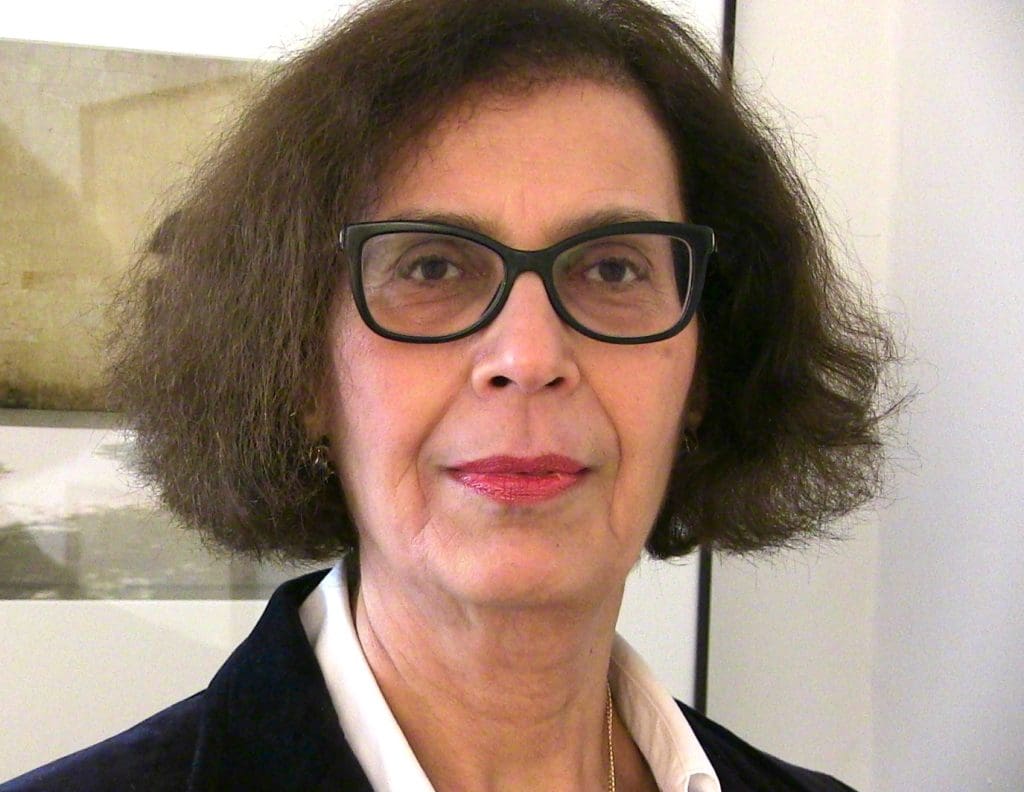Below is the transcript of her talk.
It’s an honor to be speaking to the group that’s made it on to Israel’s top 20!
In my talk today I want to focus on three things:
1) How to get our framing right in terms of what we’re fighting against;
2) How to put forward a compelling vision of what we’re fighting for; and
3) How to stay strategic in growing all our sources of power so we can achieve our goals.
This may all sound pretty basic but there’s a lot of confusion both among Palestinians and among Palestine solidarity activists. And the reason for confusion is that we don’t have a fully representative leadership that is providing clear direction – and that’s putting it mildly.
So first, the question of what we’re fighting against. There’s a lot of debate, particularly in academic circles about the framework of analysis we should apply to the Palestinians. Is it settler colonialism? Or ethnic cleansing? Or racial discrimination? Or apartheid? In fact you could make a case for any one of those and more.
But what we need is a common framing to make it crystal clear not only what we are fighting against – but also what we are fighting for. And we need that framing so we can be clear about the strategies we need to succeed. My Al-Shabaka colleague Ingrid Jaradat and I reviewed all these frameworks in a recent policy paper. We identified apartheid as the most strategic framework – in other words, as the one most useful in our struggle.
For example, although the settler colonial framework is strategic in many ways it was not expressly prohibited by international law at the time Israel was established. That means it would only be applicable to Israel’s settler colonial enterprise in the OPT. Thus, it could not be used to address the rights of the refugees or equality for Palestinian citizens of Israel. In addition, although it was prohibited, it was not criminalized.
By contrast, apartheid has been treated as a serious violation under customary law at least since the end of the Second World War. It was prohibited and criminalized in the Anti-Apartheid Convention of 1973 and was incorporated into the Rome Statute of the International Criminal Court (2002) as one of the most serious crime against humanity after genocide.
Featured Speaker
Nadia Hijab is co-founder and honorary president of Al-Shabaka: The Palestinian Policy Network. She served as Board President from 2010-2021 and as Executive Director between 2011 and March 2018. A writer, public speaker and media commentator, Hijab’s first book, Womanpower: The Arab Debate on Women at Work was published by Cambridge University Press and she co-authored Citizens Apart: A Portrait of Palestinians in Israel (I. B. Tauris). She was Editor-in-Chief of the London-based Middle East Magazine before serving at the United Nations in New York. She is a co-founder and former co-chair of the US Campaign for Palestinian Rights and now serves on its advisory board. She continues to serve Al-Shabaka in an advisory capacity and support its mission.











